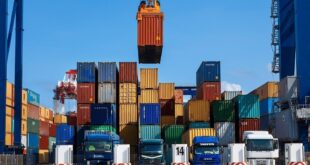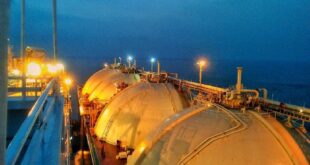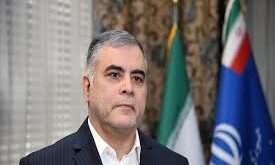The World Bank has urged Nigeria to lift its internally generated revenue by raising non-oil income from federal and state levels.
The global lender demanded that income from Value Added Tax (VAT). excises and customs. and states’ internally generated revenues be increased.
“To do that requires strengthening tax administration and increasing compliance rates. and reforms including rationalizing tax incentives and exemptions and selectively increasing rates such as excise on alcohol and tobacco.“ it said.
The World Bank also plans to increase its funding to Nigeria by $4.5 billion over the next three years to support projects in the power and health industries and in governance. the lender’s vice president for Africa said.
“This is indicative — in the next 18 months or so. we expect to put in place projects for around $2.5 billion.“ Hafez Ghanem said. “We are thinking about financing more investments in power and the area of social protection.“ The Washington-based institution currently has 30 projects estimated at $10 billion in Nigeria.
President Muhammadu Buhari in June signed the country’s N9.1 trillion ($25 billion) budget for 2018. the biggest yet. to boost infrastructure investment in Africa’s top oil producer. and support economic recovery. The International Monetary Fund forecast Nigeria’s economy will expand 2.1 per cent this year after it contracted in 2016. when prices and output of crude declined. Budget documents forecast a deficit of 2 trillion naira. more than half of which will be plugged by borrowing.
The nation is scheduled to hold general elections in February. in which Buhari plans to seek another term. He’ll have to address revenue collection. power shortages and fuel subsidies. among other things.
 Iran Energy News Oil, Gas, Petrochemical and Energy Field Specialized Channel
Iran Energy News Oil, Gas, Petrochemical and Energy Field Specialized Channel




